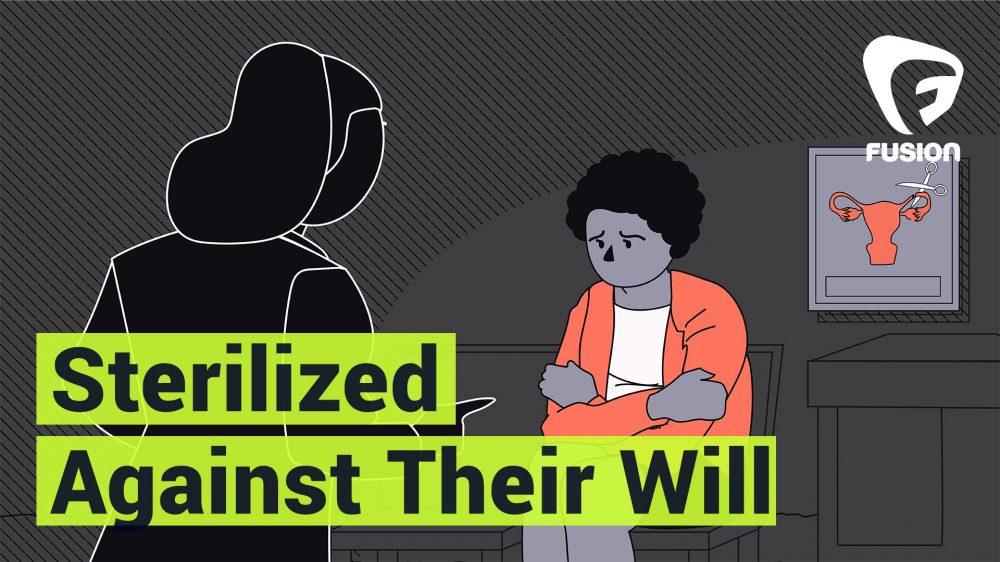No Más Bebés is a 2016 documentary about the lives and experiences of Latinas in California who had been unknowingly sterilized by doctors at the USC Medical Center in Los Angeles. The film follows a lawsuit led by Antonia Hernandez for the women against the doctors claiming that the women’s reproductive rights to have children had been denied by the hospital. Although they ended up losing the case, the stories of the women remain very moving and the film shows the impact sterilization had on their lives.
The film No Más Bebés made me think differently about how the agency of latino communities is easily inflicted upon by the United States Government and its counter parts time and time again #LATS3
— James S (@Tweet20657475) April 16, 2018
The film highlights how the United States undercut the agency of Latinas in Southern California in deciding whether or not they wanted to go through with sterilization. They were rushed in signing papers authorizing the doctors to sterilize them and often were not told what the process entailed, only that it was a life or death matter, or that it was falsely in their benefit to have it done.
Source: The film, http://www.nomasbebesmovie.com/film/
Above is Consuelo Hermosillo, one of the women featured in the film who was sterilized without knowing. Ms. Hermosillo had been scheduled for a C-section surgery while in labor and was convinced to sign a paper authorizing the sterilization procedure. The doctors pressured her to sign by telling her that if she did not sign the paper, her child would be in serious danger. She did not know what she had consented to and did not even remember that she had signed in the first place. Ultimately, she did not realize that she was about to have her last baby. This kind of coercion to sign the papers authorizing sterilization and lack of explanation about the ramifications was a clear deprival of Consuelo’s agency over her own body and reproductive right to give birth to children.
Ms. Hermosillo had her last child and later joined in the case Madrigal v. Quilligan, which resulted in a ruling in favor of the hospital that had deprived her of her agency over her body and reproductive rights. This is one of the many examples that the film shows of the women and their stories beyond just being victims of forced sterilization. Ms. Hermosillo’s backstory and family connections are on full display in the film, from showcasing her interactions with her children to discussing her time in the United States since she legally immigrated in 1953. The film builds significantly on La Operacion and includes a deeper perspective of the women who were sterilized that Laura Briggs found too difficult to incorporate.
There are several other stories beyond Ms. Hermosillo that the documentary explores. No Más Bebés is a brilliant rendition of the experiences of these women and delves into what their thoughts during the process were as well as what the real-life effects of the sterilization procedures were.




